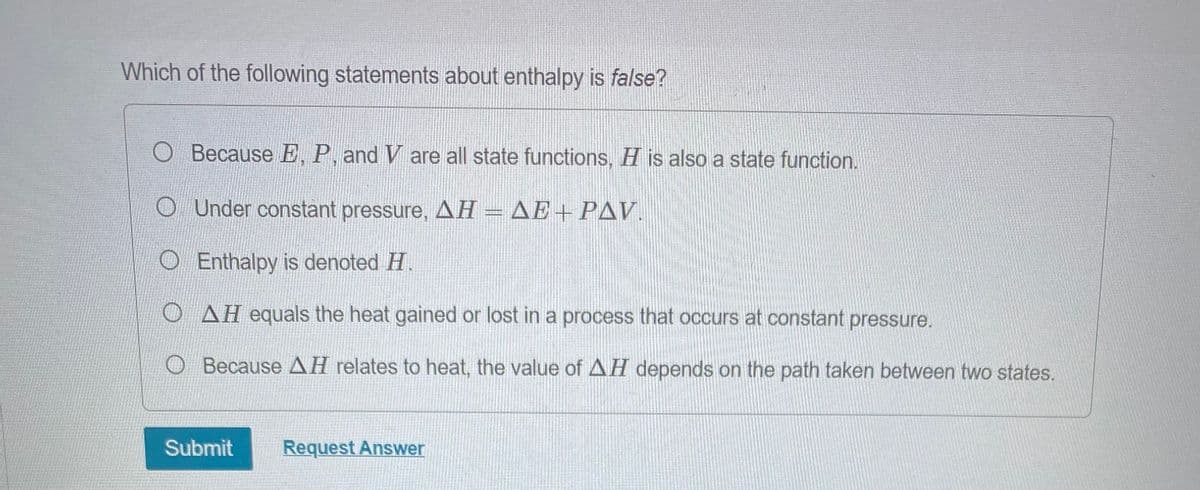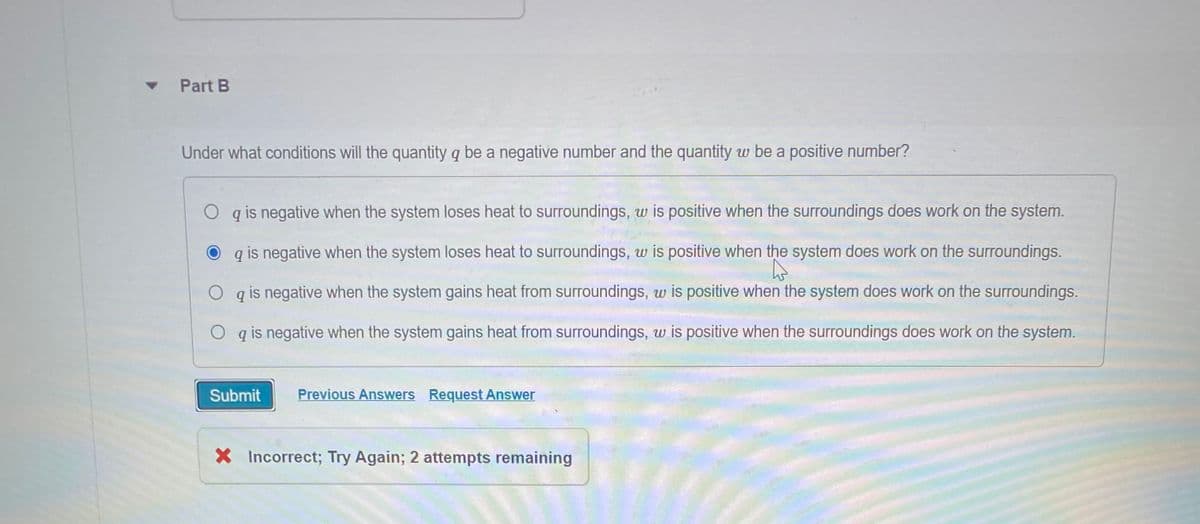Which of the following statements about enthalpy is false? Because E, P, and V are all state functions, H is also a state function. O Under constant pressure, AH = AE+PAV. Enthalpy is denoted H. O AH equals the heat gained or lost in a process that occurs at constant pressure. O Because AH relates to heat, the value of AH depends on the path taken between two states.
Thermochemistry
Thermochemistry can be considered as a branch of thermodynamics that deals with the connections between warmth, work, and various types of energy, formed because of different synthetic and actual cycles. Thermochemistry describes the energy changes that occur as a result of reactions or chemical changes in a substance.
Exergonic Reaction
The term exergonic is derived from the Greek word in which ‘ergon’ means work and exergonic means ‘work outside’. Exergonic reactions releases work energy. Exergonic reactions are different from exothermic reactions, the one that releases only heat energy during the course of the reaction. So, exothermic reaction is one type of exergonic reaction. Exergonic reaction releases work energy in different forms like heat, light or sound. For example, a glow stick releases light making that an exergonic reaction and not an exothermic reaction since no heat is released. Even endothermic reactions at very high temperature are exergonic.


Step by step
Solved in 4 steps with 1 images









